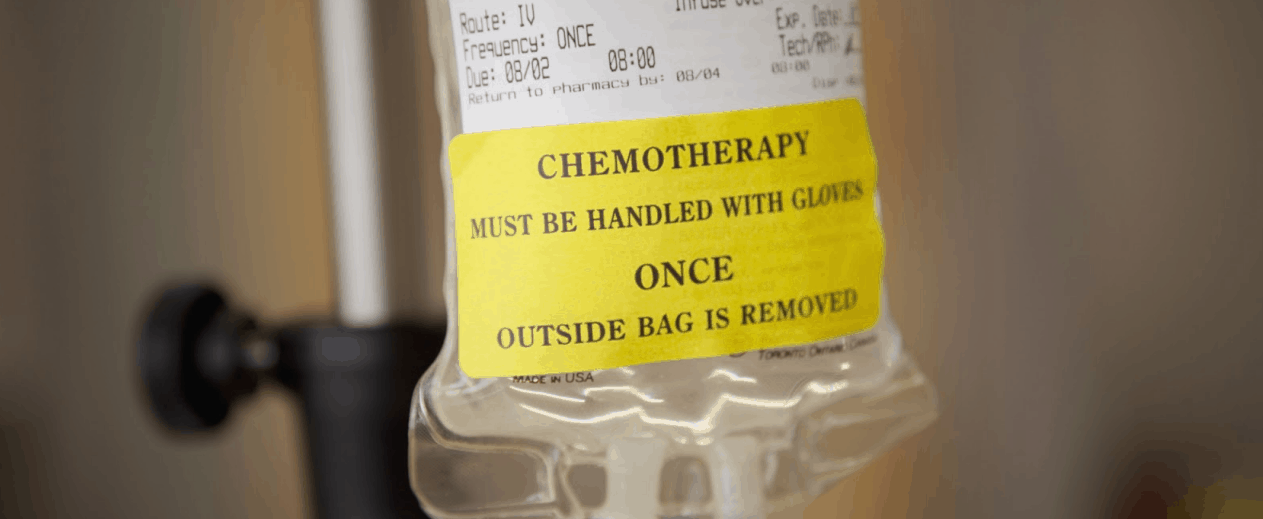Chemotherapy and erectile dysfunction as a side effect of treatment is a possibility that men need to discuss with their healthcare providers. Chemotherapy involves taking drugs that kill cancer cells or prevent them from multiplying. It is usually administered via intravenous lines and/or orally and is reserved for men who have stage III or IV cancers, cancer that reappears despite surgery, cancer that has spread beyond the prostate, or for men who no longer respond to hormone therapy. If any of these situations describe you, it is time for you and your doctor and a medical oncologist to talk about chemotherapy and erectile dysfunction risk.
How Are Chemotherapy and Erectile Function Related?
Different types of chemotherapy drugs can be effective at different times during the growth cycle of cancer cells, which is why physicians often prescribe a combination of drugs and/or try a variety of doses to find the treatment that is most effective and least toxic. The hope when taking chemotherapy drugs is that they will shrink the cancer and make it disappear, or at the very least, relieve symptoms.
Why Does Chemotherapy Cause Erectile Dysfunction?
The use of chemotherapy drugs often slows down the amount of testosterone the body produces, which in turn can have a negative affect on erectile function. Some chemotherapy agents, including cisplatin and vincristine, can interfere with the nerves that help control erections and thus possibly cause erectile dysfunction. Generally, along with a reduction in testosterone production, some men also have significant declines in sperm production, which will in turn affect ejaculation. In addition, some of the medications used to control the nausea that frequently affects men who are undergoing chemotherapy for prostate cancer can cause an imbalance in hormones and also affect sexual function.
How Long Does Chemotherapy Affect Erectile Function?
The good news about chemotherapy and erectile dysfunction is that problems with sexual function are usually temporary and resolve within one to two weeks after stopping the chemotherapy. Sperm counts also often return to normal levels once treatment ends, although it can take many months or even years for this to occur.
